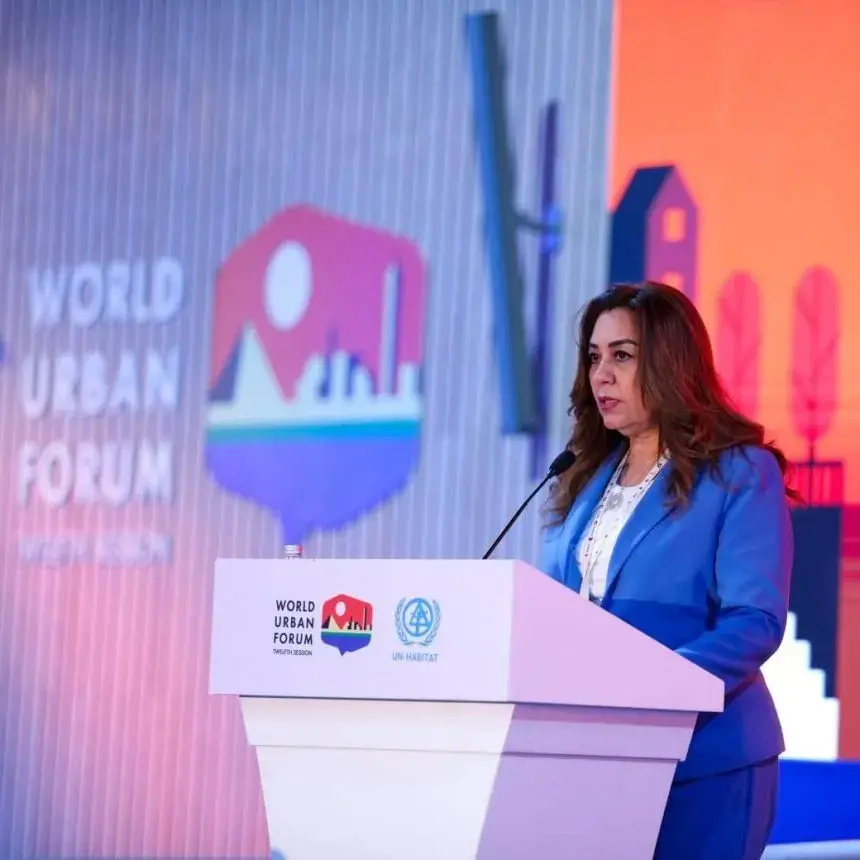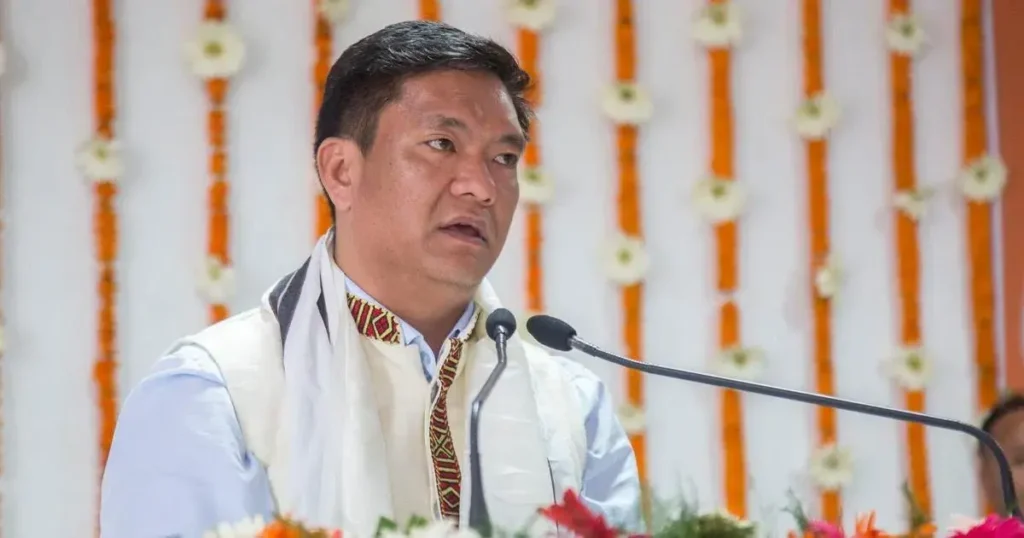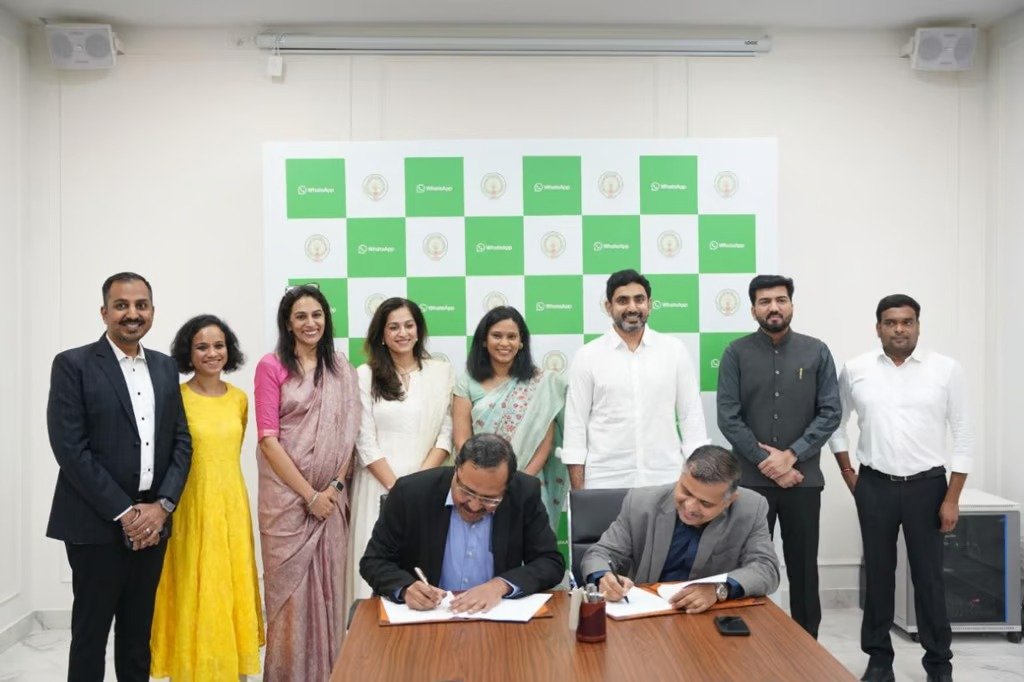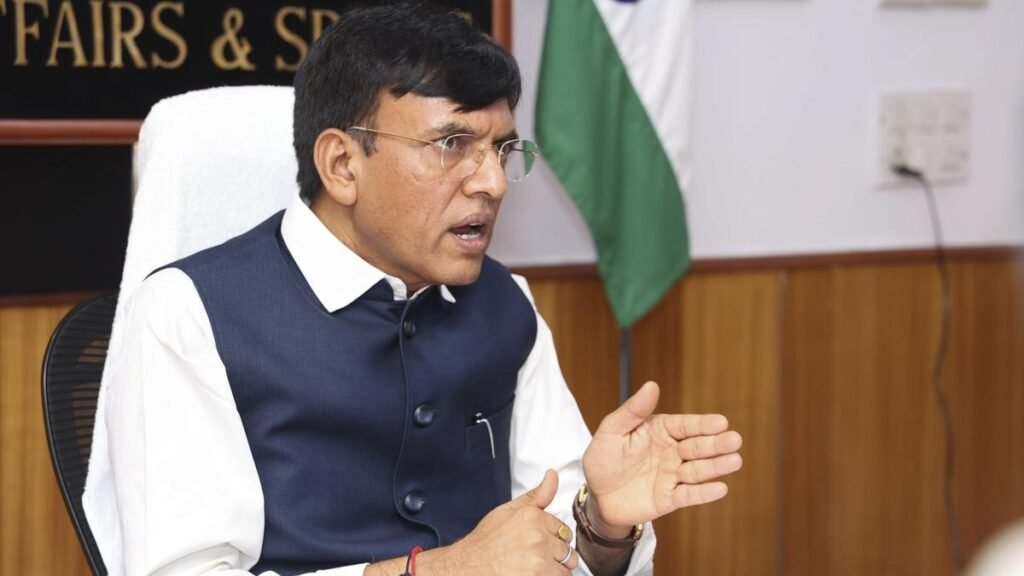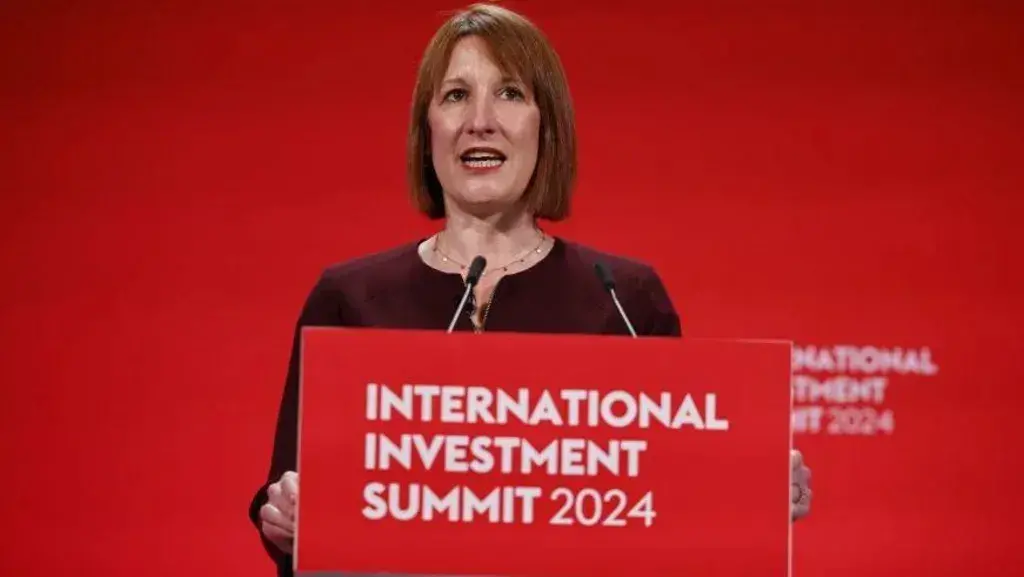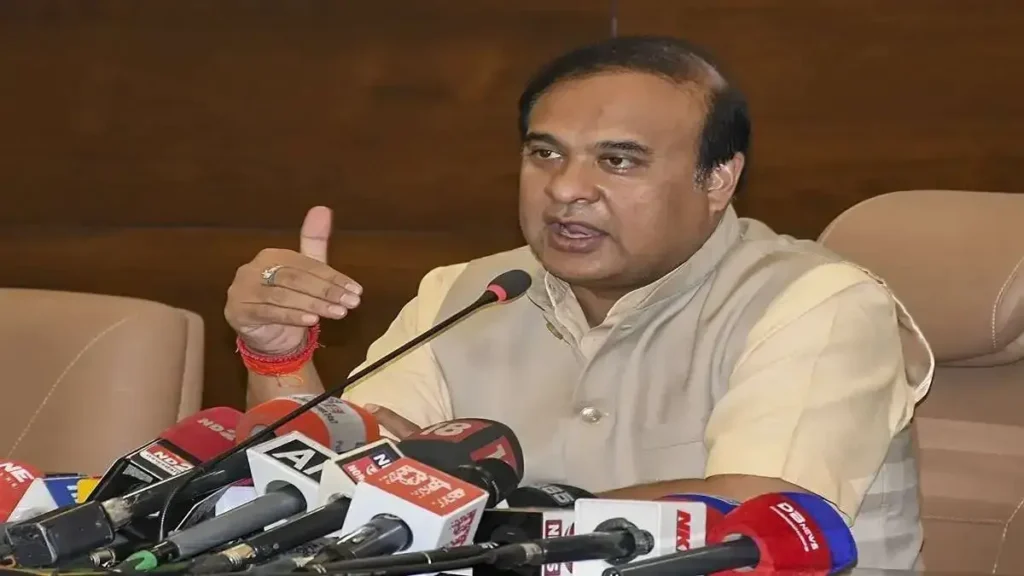Nearly 38,000 jobs will be created across the UK following the announcement of a record-breaking £63 billion in investments around the International Investment Summit. This total more than doubles last year’s £29.5 billion commitment at the Global Investment Summit and will drive growth and innovation in key sectors like infrastructure and technology. Among today’s new announcements are investments from DP World, Associated British Ports (ABP), and Imperial College London, totalling over £1 billion. The UK’s stable governance has attracted tens of billions in new investments, reinforcing the government’s focus on delivering economic growth. These investments demonstrate global confidence in Britain as a prime investment destination, with a particular focus on areas such as artificial intelligence (AI), data centre expansion, and renewable energy. Tech Firms Invest £6.3 Billion in Data Centres Four major US-based tech firms have announced £6.3 billion investments in UK data centres, which are essential for enhancing AI capabilities. These data centres will power AI systems and store the vast amount of information generated, providing the infrastructure for future AI development and economic growth. Key Infrastructure Investments: ABP, Imperial College London ABP, the UK’s largest port operator, will invest over £200 million alongside Stena Line to develop a new freight ferry terminal at the Port of Immingham, creating around 900 jobs during construction and operation. Additionally, Imperial College London has announced a £150 million investment to expand its R&D campus in West London, contributing to the growing deep tech ecosystem and boosting job creation. Government’s Commitment to Economic Growth Business and Trade Secretary Jonathan Reynolds highlighted the UK’s leading position as an investment hub, stating: “The record-breaking investment total secured at today’s Summit marks a major vote of confidence in the UK and our stability dividend across industry and innovation.” Chancellor Rachel Reeves echoed this sentiment, emphasizing the impact of these investments on businesses across the UK, from large corporations to small enterprises, all contributing to job creation and economic prosperity. Other Major Investments Announced: Iberdrola: Doubling its UK investment to £24 billion, including £4 billion for the East Anglia 2 wind farm. Blackstone: £10 billion investment in Northumberland for Europe’s largest artificial data centre, creating 4,000 jobs. Amazon Web Services: £8 billion investment, supporting 14,000 jobs annually. CCUS Investors (Eni, BP, Equinor): Unlocking £8 billion for carbon capture clusters, creating 4,000 jobs. Orsted and Greenvolt: Offshore wind projects unlocking £8 billion (Orsted) and £2.5 billion (Greenvolt), creating thousands of jobs. These investments solidify the UK’s position as a global leader in innovation and economic growth, with the government’s Industrial Strategy providing further certainty for future global business ventures. Source : Gov.UK


